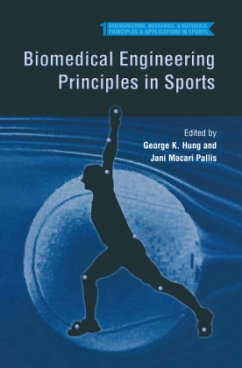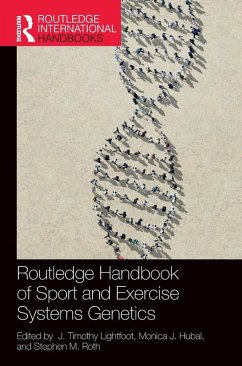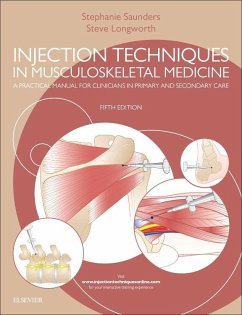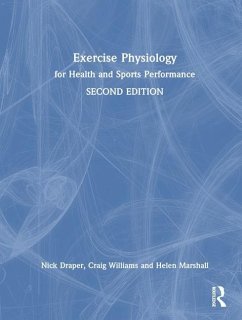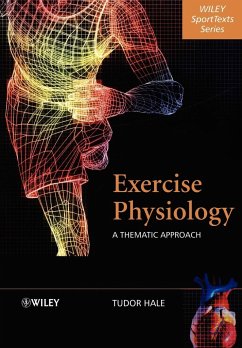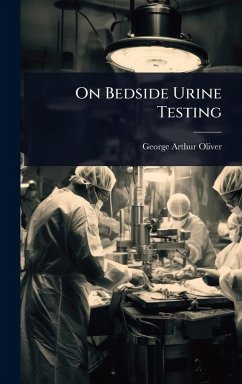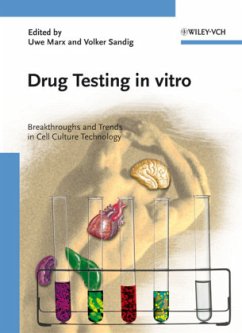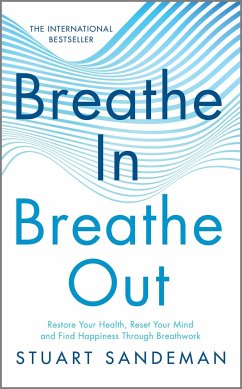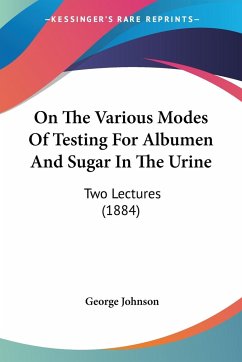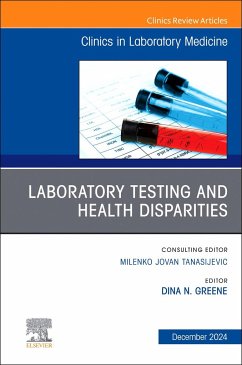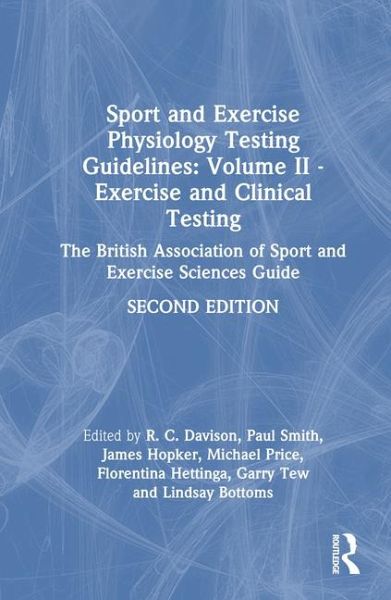
Sport and Exercise Physiology Testing Guidelines
Volume II - Exercise and Clinical Testing: The British Association of Sport and Exercise Sciences Guide
Herausgeber: Davison, R. C.; Hopker, James; Smith, Paul
Versandkostenfrei!
Versandfertig in 1-2 Wochen
191,99 €
inkl. MwSt.

PAYBACK Punkte
96 °P sammeln!
This book is a comprehensive guide to the protocols and issues in physiological testing. With contributions from physiologists and clinicians, covering a range of physiologically based tests to assess and monitor conditions, this volume is essential for clinical-specific exercise testing in research and applied settings.



